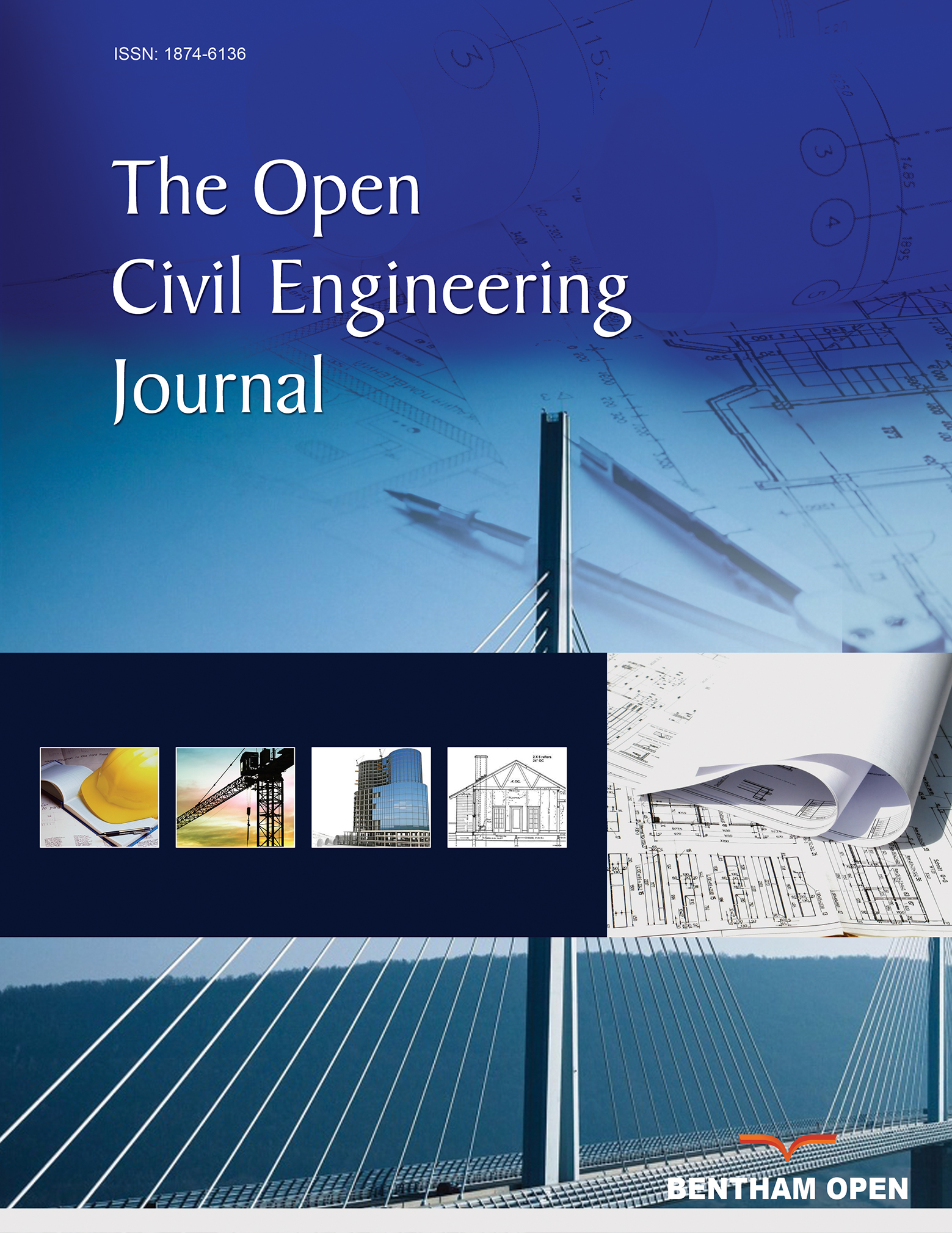All published articles of this journal are available on ScienceDirect.
Assessment of Construction Project Complexity
Abstract
Objective:
Project complexity is a crucial factor in project management that presents auxiliary obstacles to reaching project objectives (cost, time, safety, and quality). This study aims at understanding project complexity and factors affecting project complexity. The overall objective of the study is to determine the nature of complexity and characteristics, identify the important complex factors that influence the complexity of the project, factor weight of the complex factors, and develop a proposed construction complexity index (CCI).
Methods:
According to the literature review, the Analytic Hierarchy Process (AHP) method is used to measure the affecting factors of project complexity.
Results:
This paper developed an index to measure complexity based on factor weights called construction complexity index (CCI). The validity of this index was verified by studying 3 cases. The construction complexity index (CCI) proposed here allows measuring the complexity of the projects in Egypt. The results of this paper provide guidelines on how to successfully manage the complexity of the project.
Conclusion:
Project complexity management relates to the challenge of dealing with technical competence, professional diversity, uncertainties, and unforeseen events in project implementation. Project managers, who are critical to effectiveness or failure, need skills such as adaptation, creativity, and flexibility to meet this challenge. Therefore, this study provides guidelines to help practitioners to develop their capabilities in managing complex projects. Moreover, this paper enables participants to identify factors affecting the complexity of projects and how to calculate this complexity through the complex index. The outcomes of this study can be used by practitioners to develop a complexity assessment and management tool, which would enable industry practitioners to allocate resources effectively on complex construction projects. This research aimed to develop a measure by which the complexity of construction projects in Egypt can be evaluated and establish guidelines on avoiding complexity in projects.


